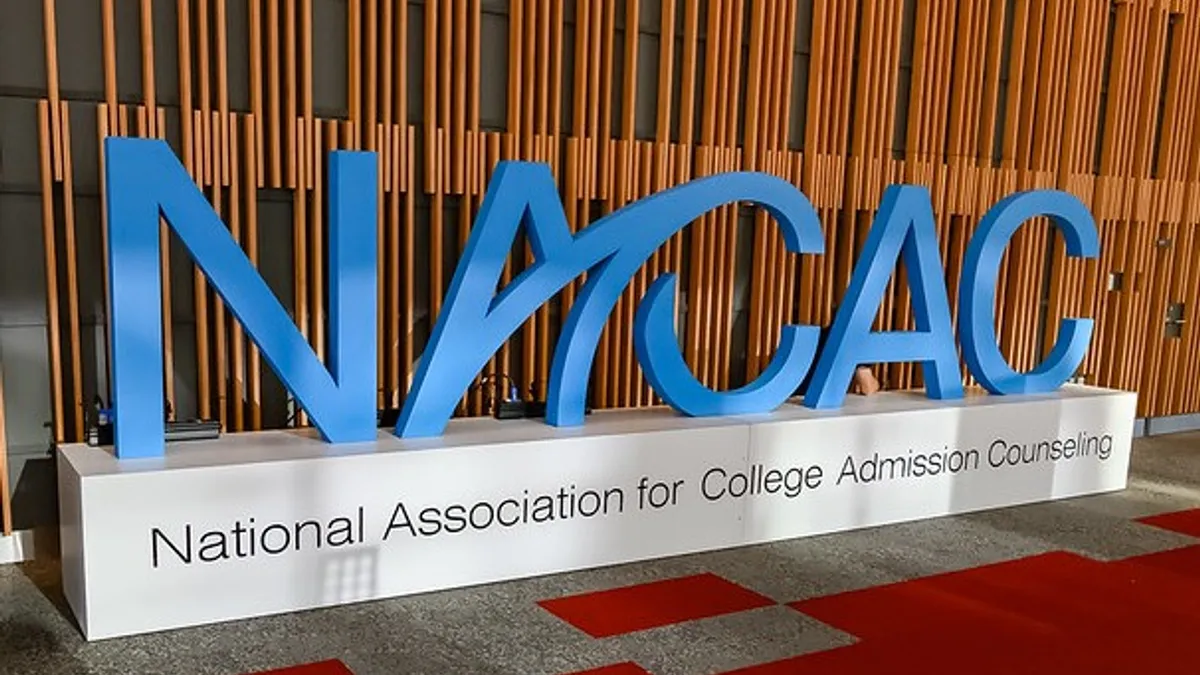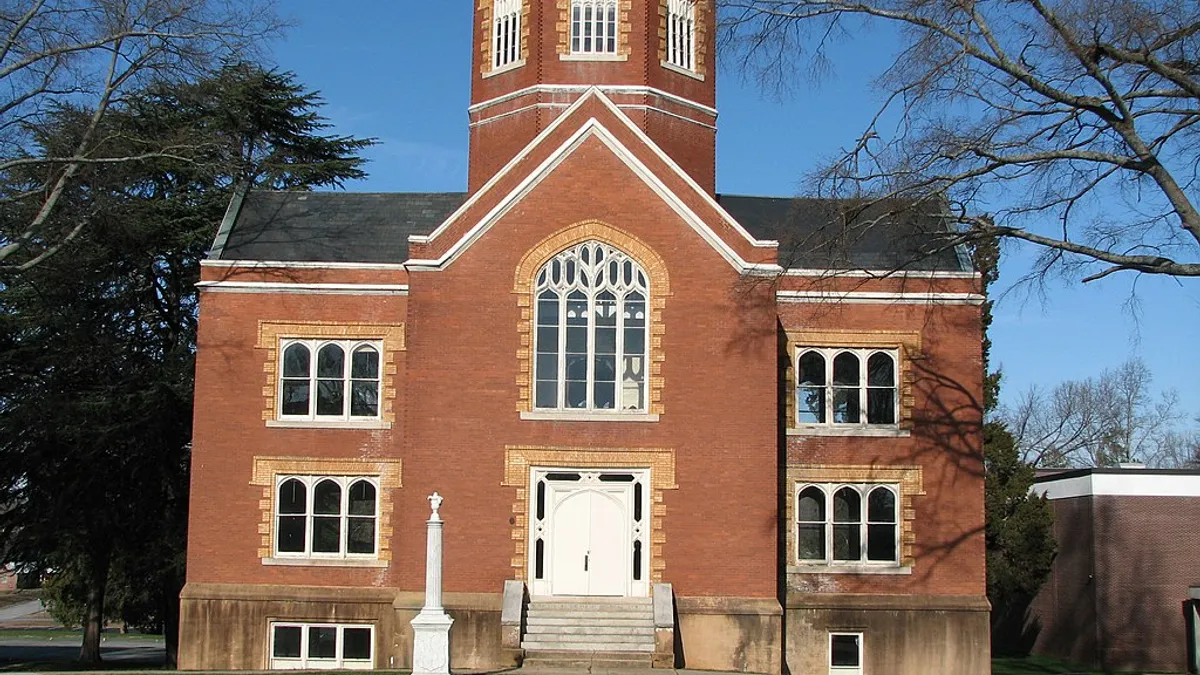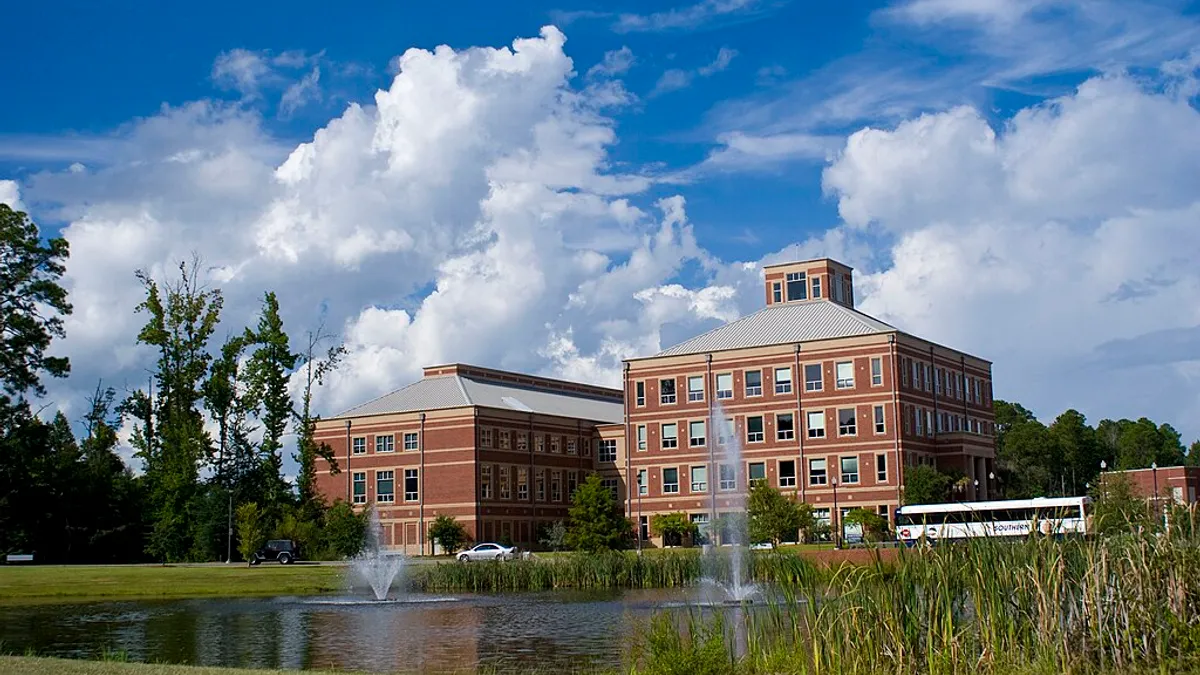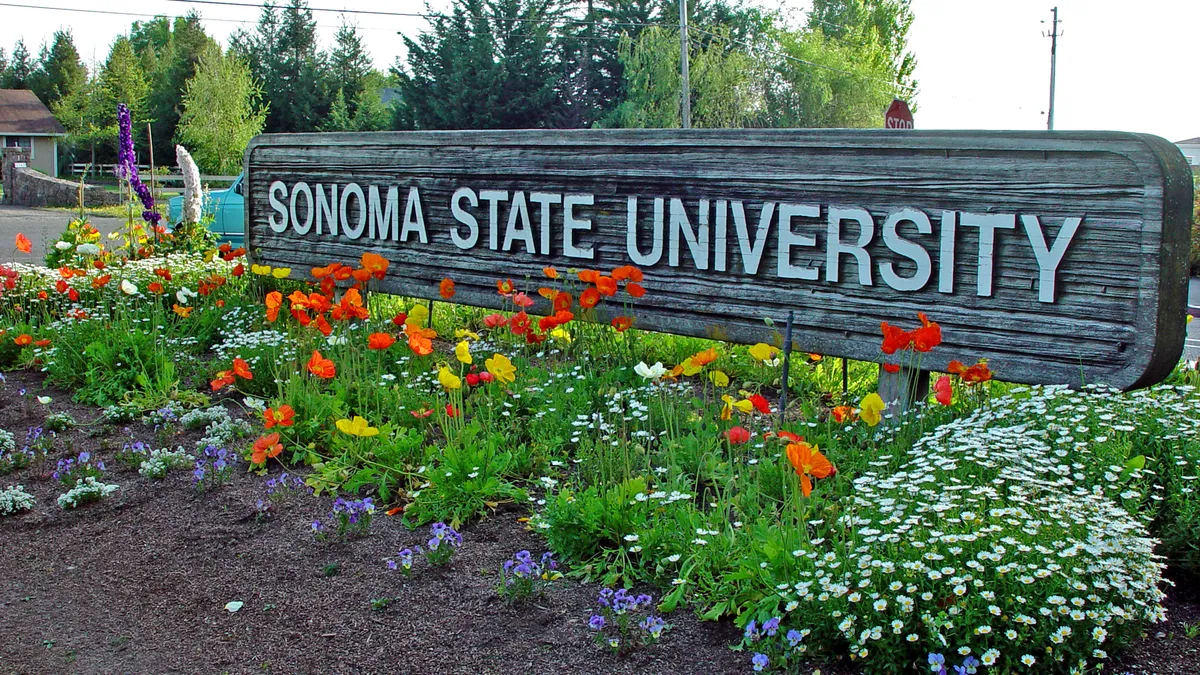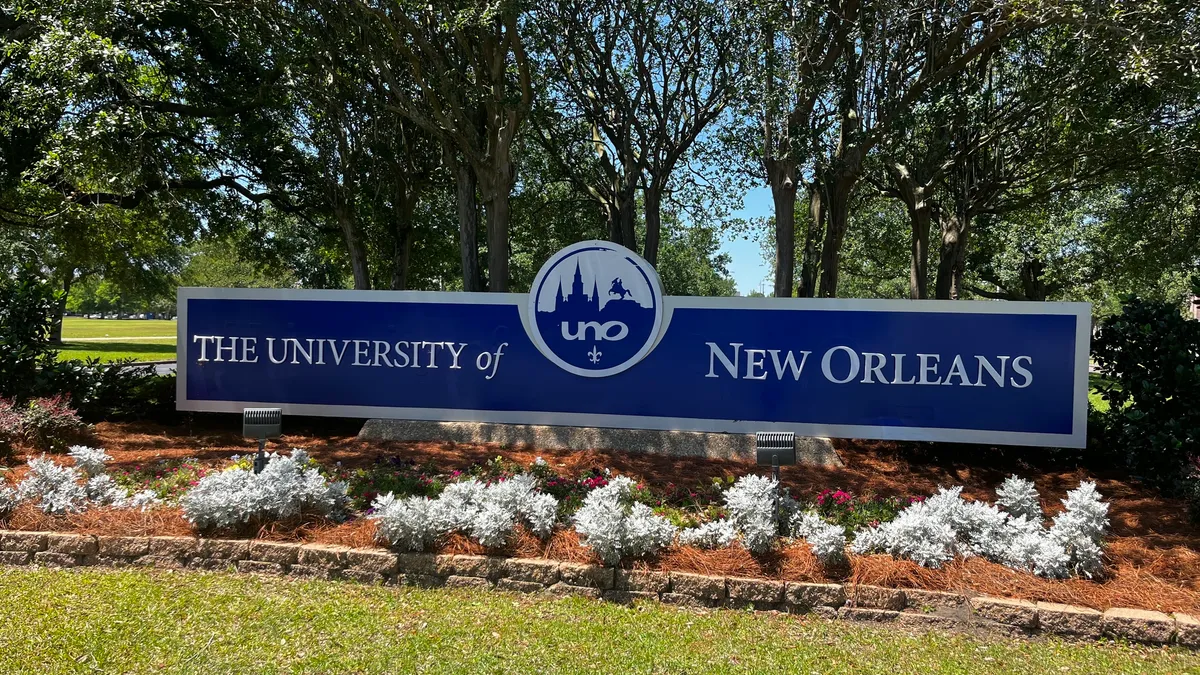Angel Pérez is the CEO of the National Association for College Admission Counseling.
Fifty years ago, the 1971 Report on Higher Education — better known as the Newman Report — challenged higher education to become more inclusive, especially for women and minority students, and to serve the needs of all students. The report presented higher education as a partner in the growth of our nation after the monumental change launched by the Civil Rights movement and the upheaval caused by the ongoing war in Vietnam. Led by Frank Newman at the behest of the U.S. secretary of health, education, and welfare, the report called for sweeping reforms in higher education, asserting that changing demographics and the nation's evolving needs demanded them.
Sound familiar?
The groundwork for the Newman Report was laid much earlier. In 1946, President Harry S. Truman made history by establishing a first-ever federal commission to examine higher education in the U.S. Truman faced a country that had recently survived the Great Depression, fought World War II, and needed to educate large numbers of people to ensure the economy and society could continue their recovery. Articulating the need for the Commission on Higher Education, Truman said, "We are challenged by the need to insure that higher education shall take its proper place in our national effort to strengthen democracy at home and to improve our understanding of our friends and neighbors everywhere in the world."
The resulting report, "Higher Education for American Democracy," called for significant changes in postsecondary education — including the creation of public community colleges — and increased federal funding for students pursuing higher education, to provide access to many more Americans, particularly those with limited financial means.
The imperative — that higher education, being essential to a free society, should be accessible to all who seek it — has been with us for more than half a century. Across that span of time, the college-going population and the higher education landscape have transformed dramatically.
Today, the organization I'm privileged to lead, the National Association for College Admission Counseling , is working to reaffirm and respond to that imperative. In doing so, we embrace and amplify the bold assertion that higher education is a public good.
Our new mission: "empowering college admission counseling professionals through education, advocacy, and community."

The COVID-19 pandemic and an urgent national racial reckoning have been critical contexts as we at NACAC have sought to serve our membership better by understanding our larger responsibility on behalf of higher education. In so doing, we draw on the long and storied history of our association. In 1947, during NACAC’s first-ever national conference, A.J. Brumbaugh of the University of Chicago spoke about the "importance of admissions" and the role admission officers and counselors play "in deciding the educational fate of young people." He recognized NACAC was an organization "in its infancy," but that through collective action, it could make a difference in expanding access to higher education.
Higher education isn't a homogenous system. It's a large and diverse community, and so, too, is the profession of college admission counseling. NACAC represents and reflects the fullness of that community, and its power lives in its distinctive membership that includes both secondary and postsecondary institutions, uniting the entire college access pipeline.
After more than a year of intensive conversations with our members, NACAC is embarking on a new mission and vision to position the association centrally in the professional lives of its members and as an advocate for a more accessible and equitable future for higher education.
Through the years, NACAC has seen its core mission as guiding students through the college admission process. But it is time to evolve our mission and provide clarity regarding the important work we do. We cultivate and support the professionals who guide those students to postsecondary education. Like any association, what NACAC does best is bring people together around a shared cause.
For NACAC, that cause is embodied in our new mission: "empowering college admission counseling professionals through education, advocacy, and community."
Those words matter because the work of our members matters. We see ourselves and the profession as path-making, not gatekeeping, and we are driven by a fundamental belief that expanding opportunity and removing barriers to postsecondary education advances equity and benefits everyone.
That membership is larger than ever — now more than 25,000 institutions, organizations, and individuals, up from less than 14,000 a year ago. Despite extraordinary challenges, our members are doing all they can to serve students and families in states like Arizona, which averages more than 900 high school students per counselor, and amid a national context that has seen significant public disinvestment in postsecondary education.
Our newly articulated vision describes a world in which "the transformative power of postsecondary education is accessible to all." A college education is key to social mobility and prosperity, and access to it should be a fundamental right. NACAC and its members are determined to change the narrative — to restore a sense of shared purpose and the belief in the essentiality of higher education to a free society — and to push for leaders at all levels of government to recommit to college access and success. Postsecondary education is the key to our nation's future prosperity, and we are determined to open its doors wider than ever before.


